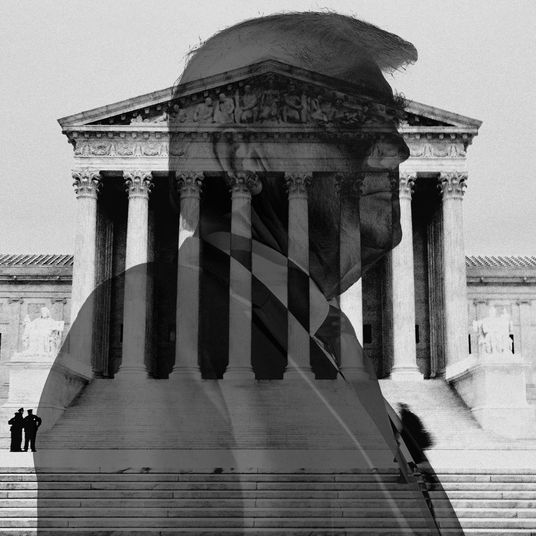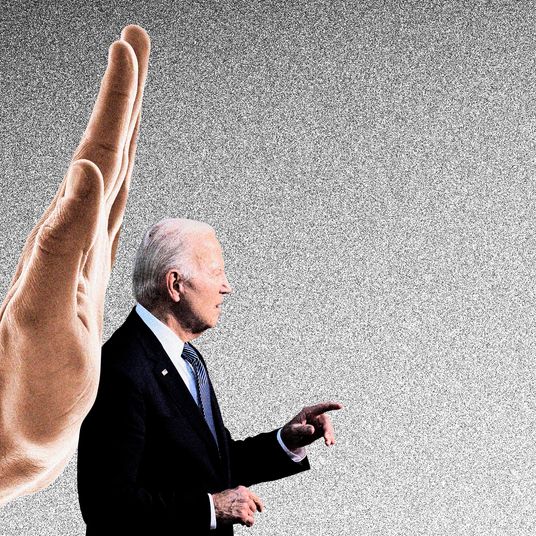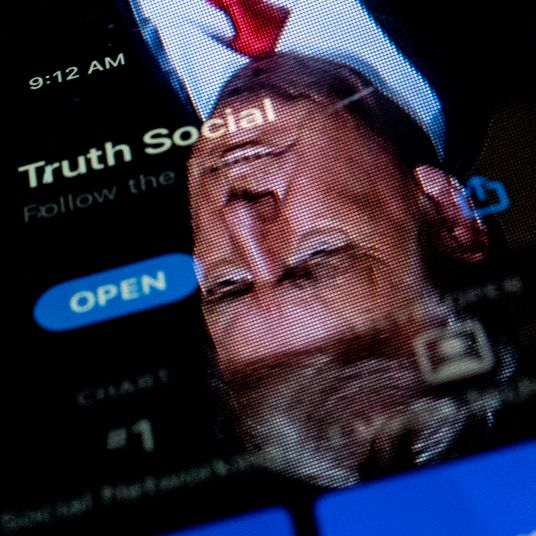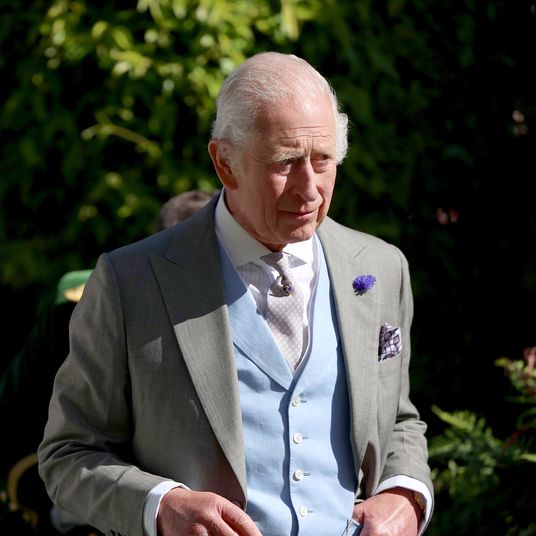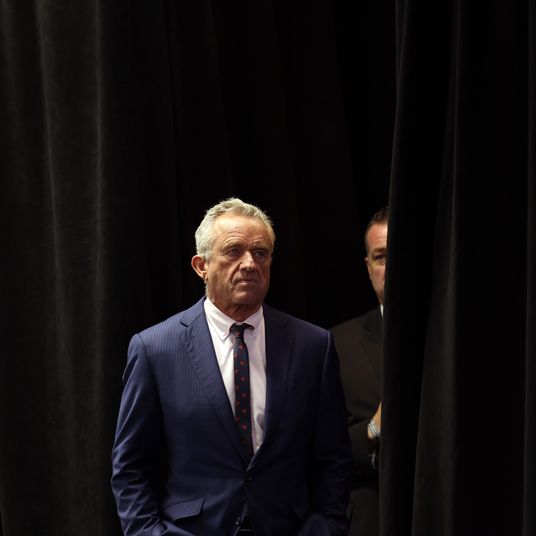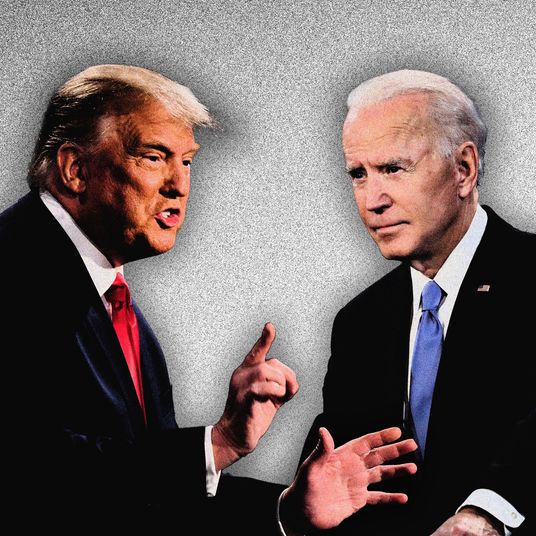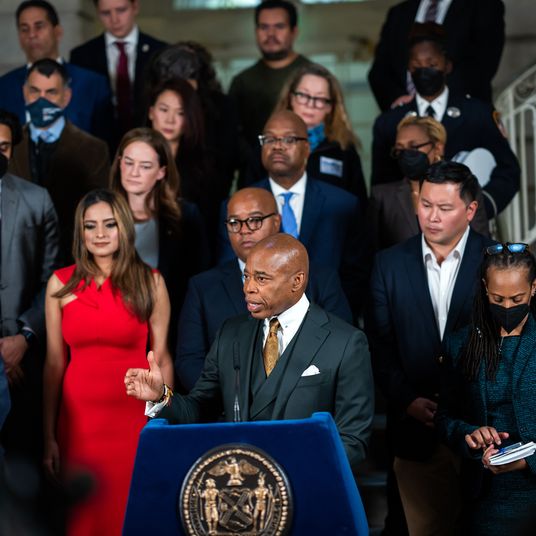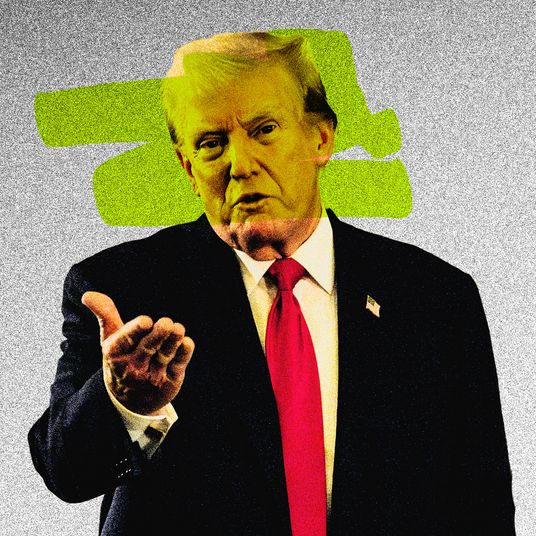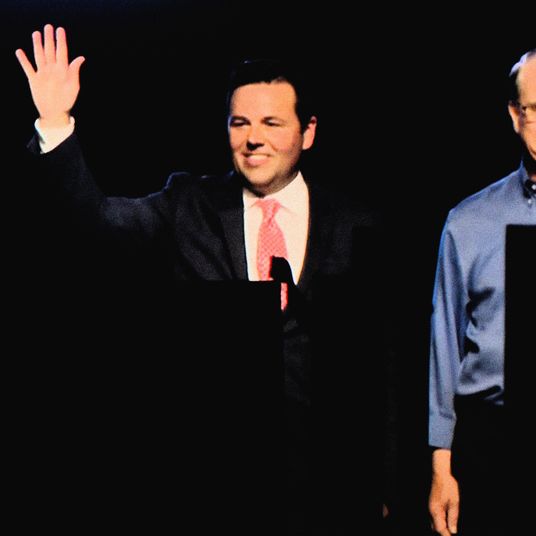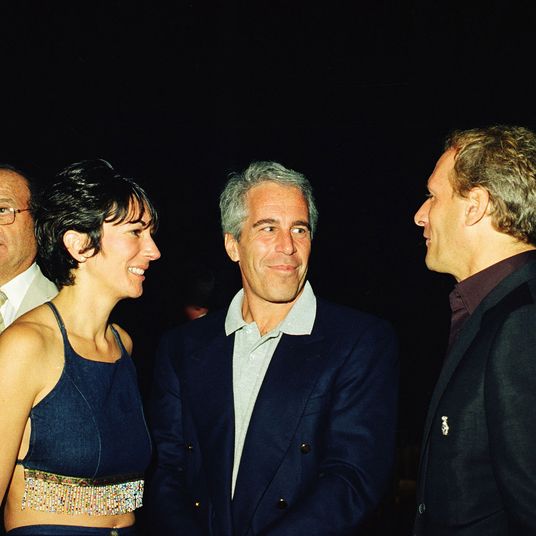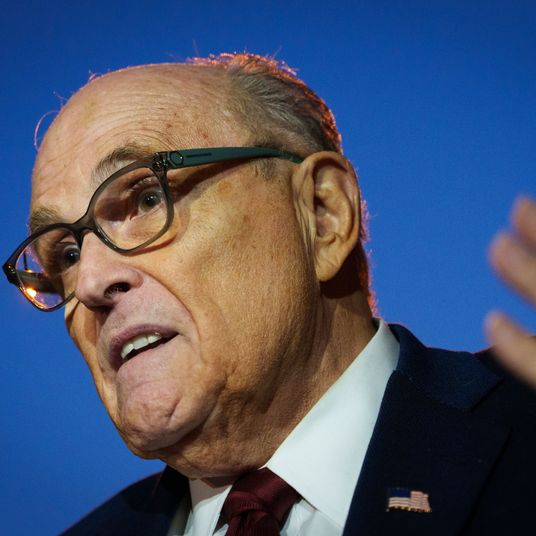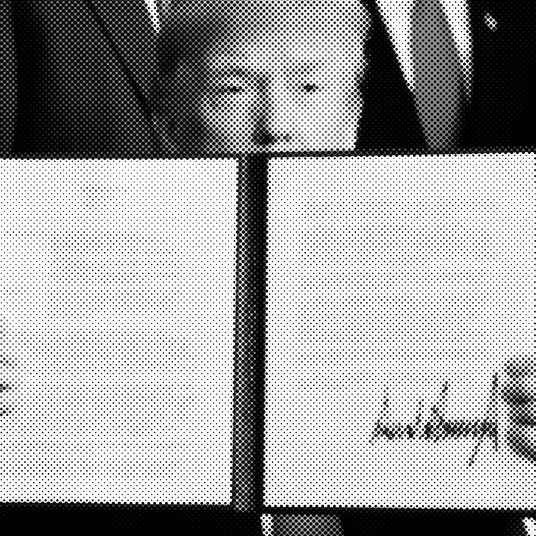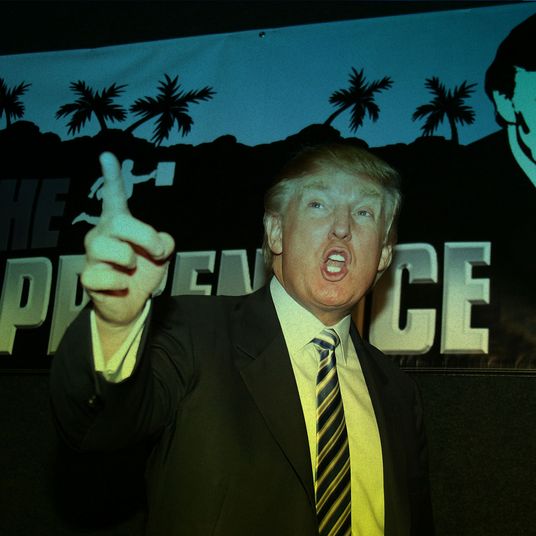
TikTok is a platform designed to capture and launch viral content of almost any type imaginable. Dances. Jokes. Riffs on jokes. News analysis. Product reviews. Hot takes. Hotter takes. Trivia dumps. Makeup tutorials.
So why not 20-year-old manifestos published by the most prolific terrorist of the 21st century?
This is causing some concern, especially on X/Twitter. According to Yashar Ali (who has contributed to New York in the past), “thousands of TikToks” from users of “all ages, races, ethnicities, and backgrounds” have been posted on the platform, some claiming the letter “has opened their eyes, and they’ll never see geopolitical matters the same way again.” That claim has caused such a stir that it prompted TikTok to delete videos praising bin Laden and restrict the offending hashtag. On Thursday afternoon, the White House weighed in:
Osama bin Laden’s “Letter to America,” written a year after the 9/11 attacks and published by The Guardian — which has since pulled it from the web — weaves a broad anti-imperialist critique of the United States together with violent threats, a case for global fundamentalist theocracy, antisemitism, and a call to arms against civilians in the United States and Israel. It’s a fairly primitive piece of propaganda, in that it mixes anodyne observations about American foreign policy with, among other things, justifications for killing innocent people (short version: America does it; there are no innocents, anyway). The idea that Osama bin Laden, of all people, is framing geopolitics for TikTok users is dispiriting, to put it gently.
Back to the question at hand: Is that really what’s happening? Is Osama bin Laden rizzing up a generation of TikTokers with militant extremism? Is Osama bin Laden the New Drip King? Not quite. Yesterday at 404 Media, Jason Koebler and Emanuel Maiberg took stock of what was actually happening on TikTok:
Searching for “letter to America” on TikTok brings up a few dozen results, and some of the videos have tens of thousands or hundreds of thousands of views. In many of these videos TikTok users are expressing shock that they don’t entirely disagree with some of what Bin Laden’s letter said, namely that he is at war with the United States because the United States attacked the Muslim world first, that Jewish people have no claim to Israel, and that Israel has occupied Palestine for decades “overflowing with oppression, tyranny, crimes, killing, expulsion, destruction and devastation.”
Koebler and Maiberg note that on Wednesday, the most popular hashtag about the letter had around 1.3 million views, according to TikTok. In the world of hyperinflated TikTok metrics, where “truly viral videos and concepts are regularly viewed tens or hundreds of millions of times,” this does not amount to a trend in any meaningful sense of the word. Likewise, the claim that there were “thousands” of videos seems to be inflated; on Wednesday, well before TikTok stated that it would be removing such videos for promoting terrorism, they numbered at most in the hundreds, many expressing bewilderment or anger at other TikTokers, making jokes, or talking about the letter in general terms — that is, putting it into some sort of context. (Most of these hundreds of videos received very low levels of engagement.) As of Thursday morning, relatively few — many of which were clipped for the video shared widely on X above — endorsed any aspect of bin Laden’s letter, and some of the ones that triggered this whole controversy, which had by then generated numerous tweets and news articles, had been deleted by their creators, in part because they had been overwhelmed by other TikTokers making fun of them.
Like a lot of the discourses around TikTok, this one didn’t have much to do with what was actually happening on the platform. Some people posted profoundly cringeworthy stuff. You can watch it with your own eyes! It’s unnerving to see young internet strangers talk themselves into bin Laden fandom, even if they’re clearly trying to be provocative. But the only sense in which it truly went viral was elsewhere, in condemnatory posts like Ali’s, which according to X’s (also hyper-inflated) metrics, has been viewed 25 million times (and rising fast). The videos slotted a little too neatly into wider conversations about how (particularly young) people are consuming news these days, and about the political influence of foreign-owned TikTok.
The secondary virality of these videos as objects of disdain is easy to trace. Ali’s post on X, along with a few others, was quickly picked up by other users; it became popular much in the way that posts from accounts like LibsofTikTok do, by giving users license, via a video ripped from elsewhere, to drop their inhibitions and rage out a little bit. (Since Musk has taken over, this style of content has become a core feature of the platform.)
In an attempt to disassociate itself from the trend — or, more accurately, to get in front of news articles and posts about the alleged trend — The Guardian removed Bin Laden’s letter from its archive. This inspired a round of news stories, posts on Instagram and X, and, eventually, a (slightly) more substantial round of videos on the subject on TikTok, where users now have a piece of Forbidden Content to post about. Again, this was primarily not a TikTok thing. It’s a meta-story that gained purchase among people who are aware of and maybe worried about TikTok, who spend time on platforms where they occasionally see content ripped from TikTok but who don’t really spend much time there, if any at all.
The question of TikTok’s influence and rightful place in the world is a subject for another post, and I offer no defense of the platform in general. I also don’t want to fall into the same trap here of overstating the virality of posts about the overstated trend — this doesn’t meet the threshold of a moral panic. Mainly, it’s not ideal that a bunch of (sometimes otherwise reasonable people) are watching some clipped-together videos and posting that they’ve lost faith in an entire generation; or that those TikTokers should go to jail; or that their eyes, too, have been “opened” by some decontextualized content that arrived in their feeds two minutes before. It’s also interesting to watch a bunch of people on a slightly older nightmare social platform gripe about a newer one, the way some people once griped about the web (not that the curmudgeons were wrong about everything back then!). It’s a few more bad posts about some other bad posts. Put that way, maybe it is the story of our time.
More From This Series
- Uncanny AI Videos Are About to Flood the Internet
- The Other Big Problem With AI Search
- How Siri Made Apple Cautious About AI






